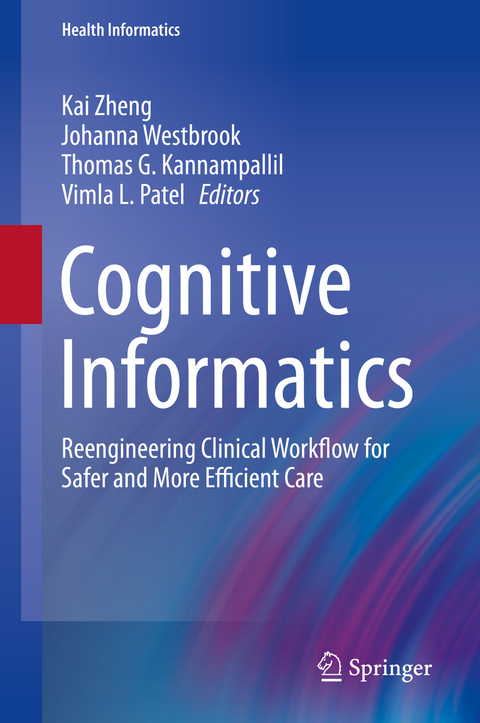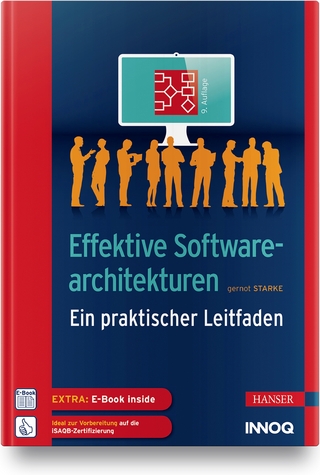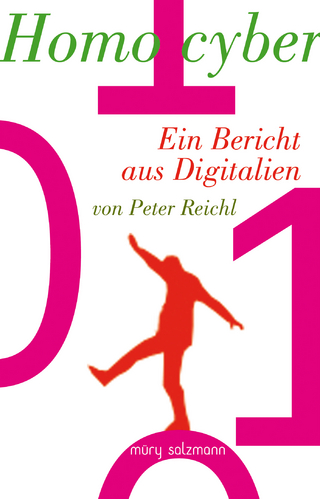
Cognitive Informatics
Springer International Publishing (Verlag)
978-3-030-16915-2 (ISBN)
This timely book addresses gaps in the understanding of how health information technology (IT) impacts on clinical workflows and how the effective implementation of these workflows are central to the safe and effective delivery of care to patients. It features clearly structured chapters covering a range of topics, including aspects of clinical workflows relevant to both practitioners and patients, tools for recording clinical workflow data techniques for potentially redesigning health IT enabled care coordination.
Cognitive Informatics: Reengineering Clinical Workflow for More Efficient and Safer Care enables readers to develop a deeper understanding of clinical workflows and how these can potentially be modified to facilitate greater efficiency and safety in care provision, providing a valuable resource for both biomedical and health informatics professionals and trainees.
Kai Zheng, PhD, is Associate Professor of Informatics and Associate Adjunct Professor of Emergency Medicine at the University of California, Irvine. He also directs the Center for Biomedical Informatics at the UC Irvine Institute for Clinical and Translational Science. Prior to joining UC Irvine, he was Associate Professor of Health Management and Policy in the School of Public Health and Associate Professor of Information in the School of Information at the University of Michigan. He was Director of University of Michigan's Health Informatics Program preparing students for careers that will harness the power of information to enhance health and transform individual health and healthcare. Zheng's research draws upon techniques from the fields of information systems and human-computer interaction to study the use of information, communication, and decision technologies in patient care delivery and management. His recent work has focused on topics such as interaction design, workflow and sociotechnical integration, and diffusion and evaluation of health IT. Zheng received his PhD degree in Information Systems from Carnegie Mellon University. He is the recipient of the 2011 American Medical Informatics Association New Investigator Award that recognizes early informatics contributions and significant scholarly achievements. He is an elected fellow of the American College of Medical Informatics. Johanna Westbrook, PhD is Professor of Health Informatics and Director of the Centre for Health Systems and Safety Research, Australian Institute of Health Innovation, Faculty of Medicine and Health Sciences, Macquarie University. She is internationally recognised for her research evaluating the effects of information and communication technology (ICT) in health care. Johanna has led important research in the development and application of approaches to evaluate ICT, including new tools and methods which have been adopted internationally. This work has included the development of the Work Observation Method by Activity Timing (WOMBAT) software to support the conduct of observational workflow studies. Johanna is an elected International Fellow of the American College of Medical Informatics, Fellow of the Australasian College of Health Informatics, and has been an Associate Editor of the Journal of the American Medical Informatics Association. In 2014 she was named Australian ICT professional of the year by the Australian Information Industry Association. In 2016 she was appointed to the Board of the Australian Digital Health Agency. She is Chair of the Deeble Institute Advisory Board, Australian Healthcare and Hospitals Association, and a member of the Boards of the Sax Institute and the International Medical Informatics Association. Thomas Kannampallil, PhD is Assistant Professor in the Department of Anesthesiology and Associate Chief Research Information Officer at the Institute for Informatics at the Washington University School of Medicine in St Louis. His research is at the cross-section of human computer interaction, cognitive models of clinical decision-making, and clinical workflows using quantitative approaches. He was previously at the University of Illinois, the New York Academy of Medicine and the University of Texas Health Science Center at Houston. Thomas has extensively published on topics related to sequential models and analysis in a variety of domains including information search, usability and clinical workflow. He has published extensively in all leading informatics journals and is currently funded by Agency for Healthcare Research and Quality, and the National Institutes of Health. He is also the recipient of American Medical Informatics Association distinguished paper and reviewer awards. Vimla L. Patel, PhD, DSc is the Director and Senior Research Sc
Foreword.- Section I Clinical Workflow and Health Information Technologies.- Chapter 1 Clinical Workflow in the Health IT Era.- Chapter 2 Cognitive Behavior and Clinical Workflows.- Chapter 3 Unintended Adverse Consequences of Health IT Implementation: Workflow Issues and Their Cascading Effects.- Section II The State of the Art of Workflow Research.- Chapter 4 A Review of Clinical Workflow Studies and Methods.- Chapter 5 A Workflow Perspective in Aviation.- Chapter 6 Characterizing Collaborative Workflow and Health Information Technology.- Chapter 7 Interruptions and Multitasking in Clinical Work: A Summary of the Evidence.- Chapter 8 Reengineering Approaches for Learning Health Systems: Applications in Nursing Research to Learn from Safety Information Gaps and Workarounds to Overcome Electronic Health Record Silos.- Chapter 9 Patient-Oriented Workflow Approach.- Chapter 10 Workflow at the Edges of Care.- Section III Research Methods for Studying Clinical Workflow.- Chapter 11 Computer-based Tools for Recording Time and Motion Data for Assessing Clinical Workflow.- Chapter 12 Understanding Clinical Workflow through Direct Continuous Observation: Addressing the Unique Statistical Challenges.- Chapter 13 Clinical Workflow and Human Factors.- Chapter 14 Automated Location Tracking in Clinical Environments: A Review of Systems and Impact on Workflow Analysis.- Section VI Applications and Case Studies.- Chapter 15 Examining the Relationship Between Health IT and Ambulatory Care Workflow Redesign.- Chapter 16 Health IT-Enabled Care Coordination and Redesign in Ambulatory Care.- Chapter 17 Turning "Night into Day": Challenges, Strategies, and Effectiveness of Re-engineering the Workflow to Enable Continuous Electronic ICU Collaboration between Australia and U.S..- Chapter 18 Encoding Clinical Pathways: A New Gap between Theory and Practice.- Chapter 19 Cognitive Disconnect and Information Overload: Electronic Health Record Use for Rounding and Handover Communications in a Pediatric Intensive Care Unit.- Chapter 20 Clinical Workflow: The Past, Present, and Future.
| Erscheinungsdatum | 14.08.2019 |
|---|---|
| Reihe/Serie | Health Informatics |
| Zusatzinfo | XI, 322 p. 44 illus., 30 illus. in color. |
| Verlagsort | Cham |
| Sprache | englisch |
| Maße | 155 x 235 mm |
| Gewicht | 807 g |
| Themenwelt | Mathematik / Informatik ► Informatik |
| Medizin / Pharmazie | |
| Technik ► Medizintechnik | |
| Schlagworte | Clinical Workflow • EHRs • electronic health records • Healthcare Research and Quality • Health Informatics • health information technologies • Patient-Oriented Workflow • patient safety |
| ISBN-10 | 3-030-16915-4 / 3030169154 |
| ISBN-13 | 978-3-030-16915-2 / 9783030169152 |
| Zustand | Neuware |
| Haben Sie eine Frage zum Produkt? |
aus dem Bereich


